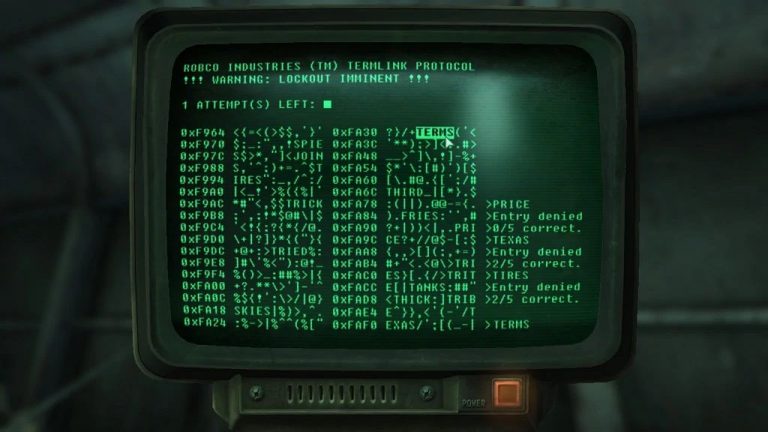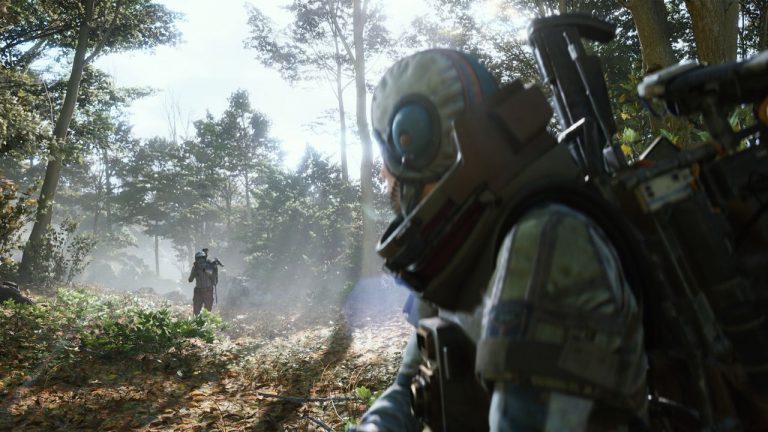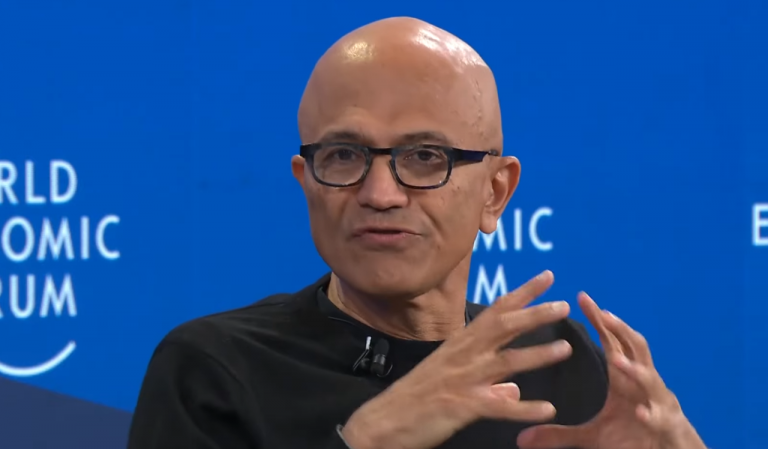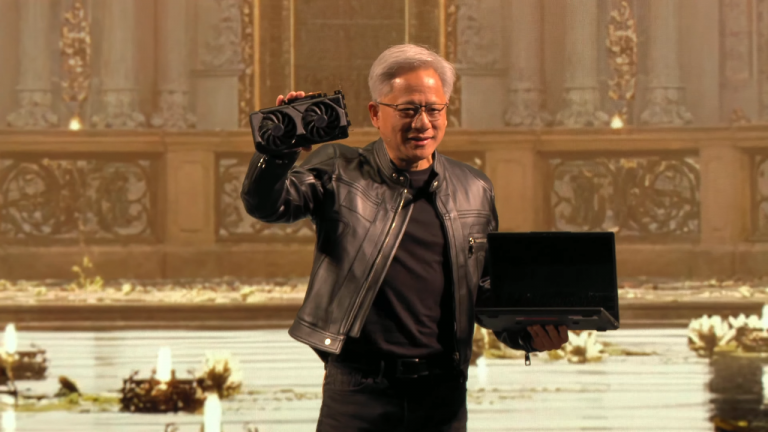It’s been an awful couple of years to work in the games industry. More and more, developers are living at the point of a knife, as studios big and small make cut after cut after cut with the usual blather about streamlining and resets and delivering value for shareholders. At the beginning of this year, 16,000 devs had lost their jobs, and that number has only climbed as companies like Bungie, Rocksteady, and countless others have laid off hundreds of staff.
Still, not to worry, because all those now-jobless devs can just “find a cheap place to live and go to the beach for a year”. That’s according to former Sony Computer Entertainment Europe president Chris Deering, who’s just guested on an episode of the My Perfect Console podcast. Asked about his take on the seemingly dire state of the games industry, Deering answered that “It’s painful. I don’t think it’s greed. I think it’s just an over-exuberance that was kindled and fueled by the knock-on effect of the pandemic and the supply chain restrictions that followed.”
79-year-old Deering was president of SCEE from 1995 to 2005, and looked at the current state of the industry through the lens that experience had given him. “I think that’s probably very painful for the managers,” but he doesn’t think laid-off devs are condemned to “a lifetime of poverty or limitation.
“It’s still where the action is, and it’s like the pandemic,” continued Deering, “but now you’re going to have to figure out how to get through it: Drive an Uber or whatever, go off to find a cheap place to live and go to the beach for a year. But keep up with your news and keep up with it, because once you get off the train, it’s much harder.”
Chris Deering, former boss of PlayStation, does not believe the recent, widespread layoffs in the games industry derive from corporate greed, and that affected workers should “drive an Uber” or “go to the beach for a year” until things turn around: pic.twitter.com/uXUkNTbXQ5September 10, 2024
Which is perhaps the most buckwild and tone-deaf thing I’ve ever heard pass a C-suite executive’s lips, and it was only a few months ago I was writing up EA’s CEO imagineering a world in which billions of people were using AI to make EA’s games for them.
To be excruciatingly fair to Deering, his assessment of the causes of the industry downturn isn’t wrong. It’s entirely accurate that all sorts of entertainment firms—games companies especially—got absolutely zooted off skyrocketing demand during the Covid lockdowns and went on hiring sprees as a result. What we’ve been living through, for sure, is the ugly hangover that came after it all came crashing back to Earth once we were allowed to leave our homes.
But the people paying the price of that hangover aren’t, in general, the people who made the decision to hire up half the Earth based on disastrously short-term thinking. The Chris Deerings of the world are not clearing their desks and losing their salaries. It’s animators, artists, programmers, and other workers who do the hard and often invisible graft of actually assembling games.
Frequently, they are workers who already uprooted their lives once to take these jobs built on foundations of sand: Moving across countries, taking kids out of school, and generally reconfiguring their entire lives in order to be told—a year or two later—that they are no longer needed because the company has to deliver shareholder value by streamlining its operations. These people cannot simply wait it out—whether at the beach or driving an Uber—until the games industry decides it wants them again a few years down the line. To suggest they can implies a level of blinkeredness only attainable by the executive class.
Heck, even some bosses understand that. Larian CEO Swen Vincke came out swinging at this year’s GDC awards, lambasting the corporate “greed” that has been devastating devs. So too did Larian’s publishing director and Dwarf Fortress’ creator Tarn Adams: “They can all eat shit,” said Adams, “I think they’re horrible, and I think they’re bad people.”
Deering’s tone couldn’t be more different. “I’m optimistic about the future for even people that have just recently been laid off, and these things do recover, sometimes a lot faster than you might think when all is very precarious,” he said on the podcast, “I presume people were paid some kind of a decent severance package, and by the time that runs out, well, that’s life.”
In fact, Deering reckons devs would do better to worry about the onslaught of “cheap programming hours or AI-assisted programming hours from poorer countries” than about the bloody swathe of layoffs cutting the industry to ribbons. Which is a familiar tale, isn’t it? The obscenely wealthy telling the obscenely precarious that they’d do better to worry about foreigners (and now robots!) than the billions their bosses have in the bank.
“What’s really exciting about the industry,” says Deering, “is you never get a chance to be depressed. What you have to do is—things jump out in front of you and you deal with them just like any game. So get over it!”












